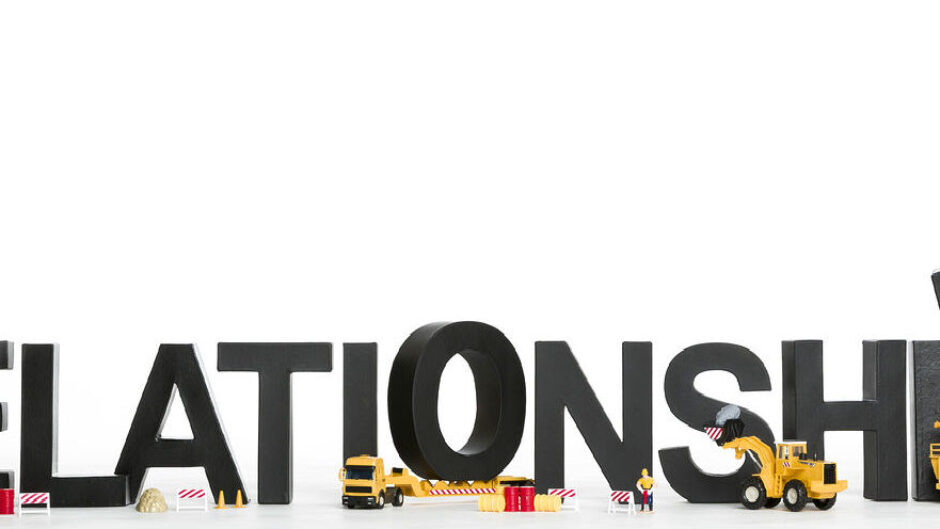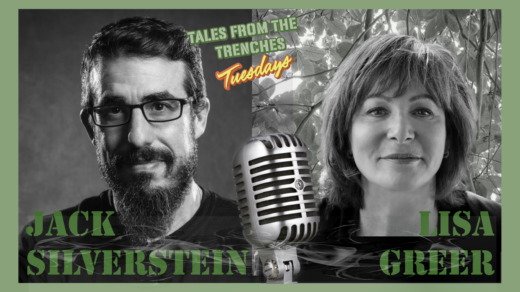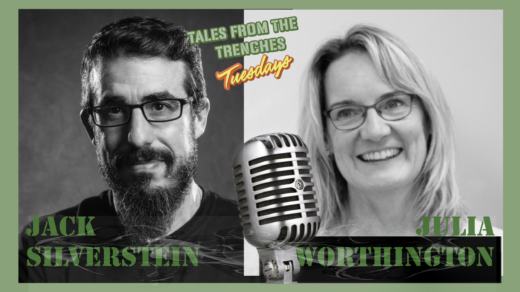
A few years back, I wrote about the need to change the relationship with the prospect/donor (here). There, I quoted my good friend Jason Lewis as saying, “Once an initial gift has been received, the relationship has changed, and both sides of the relationship will have higher expectations of the other.” But, as we are trying to best navigate through this pandemic, what, if anything, changes?
I would say that the premise still holds and is actually more reinforced. Many donors reexamined their philanthropic priorities and reallocated their charitable giving to the people most urgently affected by COVID — front-line workers, shelters, food banks, etc. These charities, specifically, have seen an increase in their revenues and have garnered numerous new donors. Conversely, some of the arts organizations have seen a dramatic downturn in their own revenues.
Bursting the Bubble
Lewis points out that far too often, charities seek out new donors with the misbelief that they will be as strong (or even stronger) donors as those that currently support our organizations. Furthermore, as Lewis states, those charities are under the false belief that the new donors’ level of expectation of the charity will be less cumbersome than the existing donors. While we know that Lewis’ theory is spot on, how has the pandemic changed this belief?
I think that many new donors gave a “quick fix” when the pandemic struck and offered aid where it was most urgently needed. Quite often, a first gift is achievable, especially where the case is urgent. The talent comes in the stewarding of that gift and the elusive second gift. Was the first gift just a flash in the pan, or is it indeed a potential future long-term donor? Did charities merely accept that initial gift and go on with business as usual? Or, was there a specific strategy implemented that sought to retain the new donors? (Lynne Wester, the Donor Relations Guru, has tons of information in ensuring that these first-time donors are treated properly.)
Just like an IPO
In fundraising, donors are likened to investors. There is the mindset that the initial gift may be similar to an IPO, but that the proof in the pudding will be where the stock prices (think future donation levels) will be where the charities can be innovative, provide impact, and foster close relationship with donors.
As many of us have spent more time at home over the last 12 months than we care to admit, we have lost some of our relationships with others. The charities that are succeeding are those charities that have doubled down and reinvested in meaningful relationships. I urge you to call those new donors. Have conversations with them. Thank them. Be bold and ask them what it would take to have them continue their relationship with your organization.
In conclusion, the relationship does need to change. This pandemic has just amplified that need.
Until next week. L’chaim,
jack



